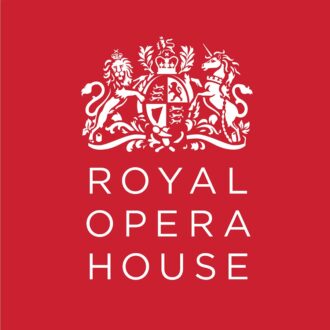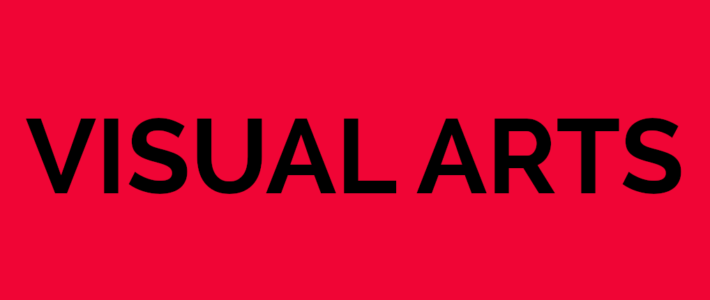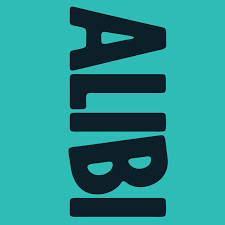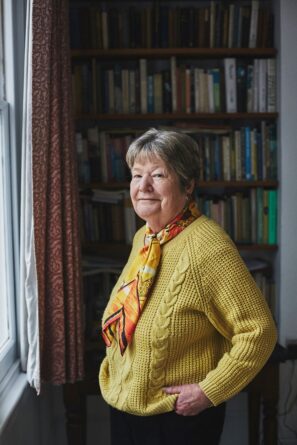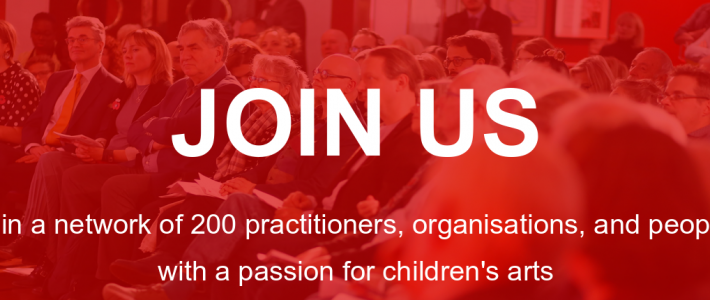Please read below this statement from Inc Arts.
Throughout August more than 1,000 people took Inc Arts’ #BAMEOver survey, and on 4th September over 250 people came together to reset the terms of reference for people with lived experience of racism.
We set out to answer the question, ‘What do we want to be called?’
Through our discussion we’ve come up with a guide to terminology, for use by everyone who wants to be an effective ally and wants to avoid causing further harm through the use of casual and inaccurate language.
Here are our preferred terms of reference for people in the UK. We urge you to use them and share widely.
BAMEOver: Our terms of reference
We do not want to be grouped into a meaningless, collective term, or reduced to acronyms.
We are African Diaspora people, South, East and South East Asian diaspora people, and ethnically diverse.
We are people who experience racism.
Use these terms in any order you choose.
Just don't call us BAME.
Rules for engagement
#1: Language is evolving. Deal with it. The terms we’ve agreed today may change in the future. Times change: come with us.
#2: Collective terminology is necessary: acronyms are not. Nobody wants to be reduced to an acronym. Especially an acronym that is inaccurate.
#3. We reject BAME. The term unhelpfully blends ethnicity, geography, nationality - and in doing so erases our identity and reduces us to an ‘other’.
#4. We reject ‘Minority: we are the global majority. And we reject ‘ethnic’. This terminology is centred on you seeing us as different.
#5. Call us by our name. Be specific. Understand the terms you use.
#6. We’re people first. Not a colour. Not a continent. Never say ‘blacks’ just as you wouldn’t say ‘whites’ (unless you’re talking about washing).
#7. People of Colour is a US term, as is ‘Black, Indigenous and People of Colour’. In the UK for many people over 35 this has uncomfortable resonance with the racist terminology ‘coloureds’. The ‘colour’ of one’s skin is not what we have in common, it is our lived experience of racism directed against us.
Terms of Reference
Here’s what to say…
Instead of ‘Asian’…
‘Asian’ can erase millions of people by not reflecting the rich diversity of culture and ethnicity that is in the continent. There’s a huge diversity of experience of oppression faced by those the term refers to.
Use ‘People of South Asian heritage’, ‘People of East Asian and South East Asian heritage’.
Instead of … ‘Black’
Many black people don’t object to being called black: for others it is not accurate enough.
Black is a political term, best used by those who meet the conditions of its description.
It speaks of collective action against racially motivated oppression. It includes those of African and Caribbean heritage.
If you mean Africans born in Africa, say so. If you mean third generation Caribbeans, say so.
Instead of ‘black’, use
‘African’ for those born in the continent,
‘African Caribbean’, ‘South Asian Caribbean’ and ‘East Asian Caribbean’ for those born in the islands,
‘African diaspora people’ for people of African and Caribbean heritage,
Or ‘People of African or Caribbean heritage’
‘Minority Ethnic’
What a mess. Let’s talk about who we mean.
There are many who experience oppression through racist action, including those of Romany heritage, or Irish traveller heritage, or Jewish heritage and some within this definition who are definitely not a ‘minority’ including Latinx– people of Latin American heritage, cultural and ethnic identity, and many more.
British Asian? Black British?
If you’re thinking of using these terms, ask yourself: do you mean those living in the UK? Or those born in the UK? If it’s relevant, say what you mean.
Let’s not erase the experiences of migrant communities. Phrases like ‘people of X heritage’ or ‘of the X diaspora’ includes migrant people without erasure.
Mixed Heritage?
People of mixed white and African diaspora heritage, people of mixed white and South Asian heritage, people of East Asian and Caribbean heritage… you get the idea. Say what you mean.
Too many words? Want an easy acronym? A simple collective term?
There isn’t one. We choose not to be reduced to an inaccurate grouping.
But what we have in common is that we are…
“People who experience racism”. This term will require you to then articulate who you are referring to, and may, depending on context, refer to Western Asian people, Irish people, Jewish people and others whose oppression is not captured by current terminology. Please use with awareness the phrase ‘people who experience racism’, and don’t make it an acronym ever.
What if you don’t know?
If you’re referring to ‘people who are ethnically and culturally diverse, and who experience racism in our society’ be sure to qualify it with detail of who you are talking about: Latinx people? Romany traveller heritage people? Don’t use as a catch all without further detail.
All too difficult? Can’t be bothered?
The difference between saying ‘BAME’ and ‘people of South Asian heritage’ or ‘people who experience racism’ is approximately 2 seconds.
2 seconds is not too much time to devote to taking positive anti-racist action on a daily basis. Remaining actively conscious of the language we use is a powerful act of allyship.

